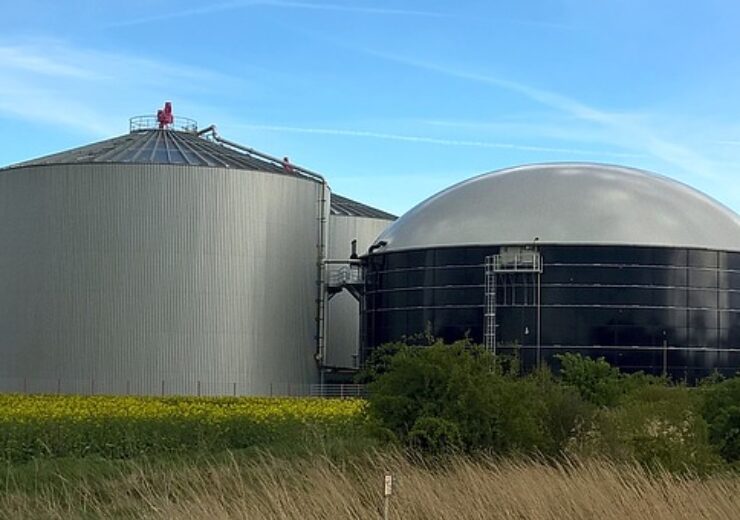Terra Inspectioneering provides drone-based confined space inspection services to tank storage company VTTI

Terra Inspectioneering’s UT drones to aid VTTI. (Credit: Gerald Krieseler from Pixabay)
Terra Inspectioneering, a group company of Japan-based Terra Drone Corporation, has completed a series of confined space inspections using latest drone technology at ETT, the Dutch based terminal of the multinational tank storage company VTTI.
Within this inspection, Terra Inspectioneering provided non-entry visual testing, ultrasonic thickness measurement including the rafters, and deformation analysis services to VTTI using the proprietary collision-proof Terra UT drone. The drone inspection services will be offered for the tanks owned and operated by VTTI.
Traditionally, tank inspections are performed by sending staff into confined spaces. This method not only reduces the productivity of the terminal because of longer downtime but it also exposes inspectors to potentially hazardous conditions.
Maintenance engineer of ETT/VTTI, Ralph van Dijk, says, “At other storage terminals, a tank is often empty, which makes it easier to take another tank out of service. You then move the contents from one storage tank to another. But we don’t have that luxury. If a tank has to be taken out of service for inspection, we are always limiting customer’s need. They know that too, but they still seem to like this terminal, because we are always full. It is therefore very important for us to take storage tanks out of service for as short a time as possible. The time saved by using Terra Inspectioneering is therefore a great advantage. In addition, I can verify the data from the drones. The drones film and take photographs. The software can also make 3D models. In contrast to the photos that rope access workers often take, the photo and video images from the drones are fantastic.”
Van Dijk added the reason why VTTI choses Terra Inspectioneering “The problem with fuel oil storage tanks is that it is a heated product. The tank has PUF insulation, which you would prefer not to remove. But the heated fuel oil causes condensation to form on the inside, which increases the risk of corrosion. We had been struggling with this problem for a number of years. We had people measure the roof structure and walls with rope access, but that takes two weeks. You can also use crawlers, but this requires the walls to be properly cleaned and you have to make holes in the roof to prevent the equipment from falling, so it has to be secured. And yet the inspection by Terra Inspectioneering is completed within two days. That’s why I welcomed them with open arms.”
Also, “Terra Inspectioneering designs the drones themselves and also makes them with 3d-printers, and Terra can measure the entire profile, not only tank wall, but also roof structures.”
Terra Inspectioneering supports VTTI’s mission to create a safer, sustainable, and more productive workplace and believes that its drones can catalyze the digital transformation of the energy and chemicals industry.
Marien van den Hoek, says, “Drones are the safest and most reliable tools to conduct complex inspections in confined and GPS-occluded spaces. They reduce the time taken for inspection by up to 60 percent and keep the workers safe. Especially in the current COVID-19 pandemic environment, using drones for inspections can help to minimize the number of workers on the site, allowing organizations to meet government-mandated social distancing guidelines.”
